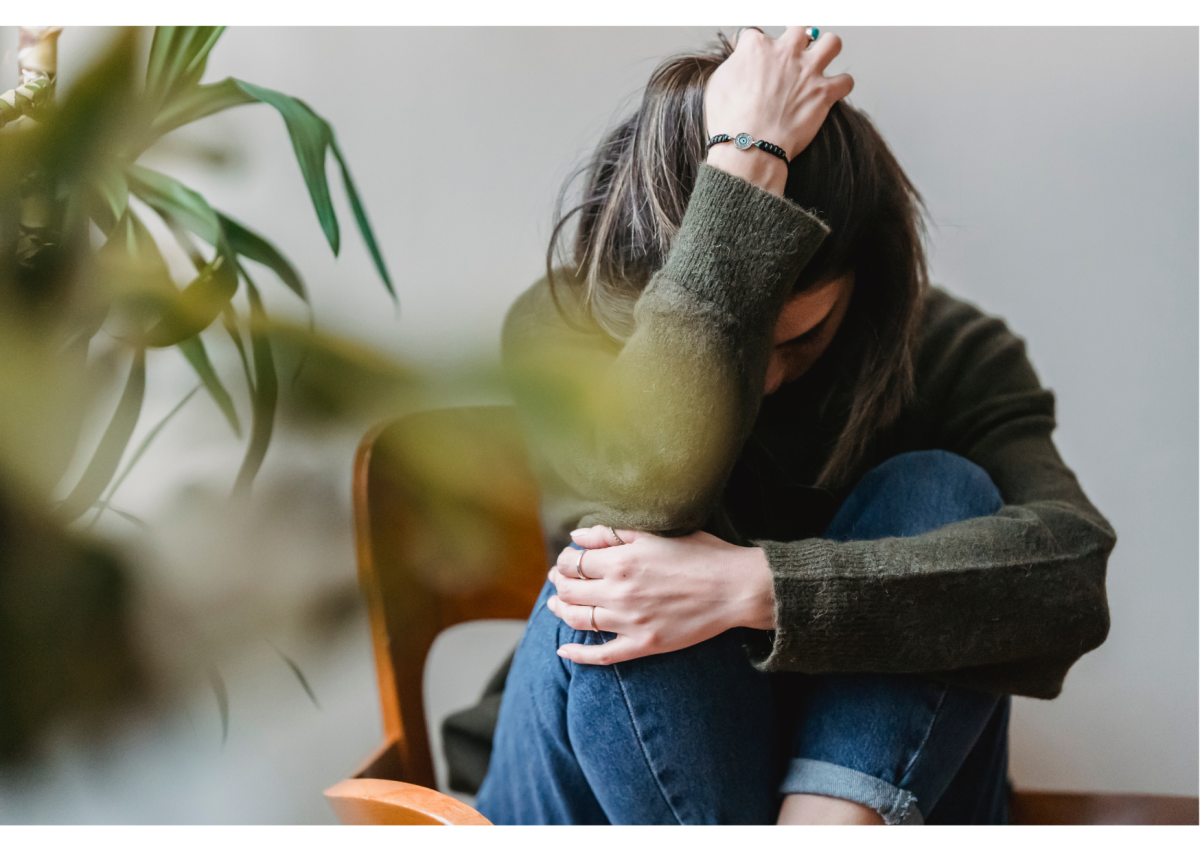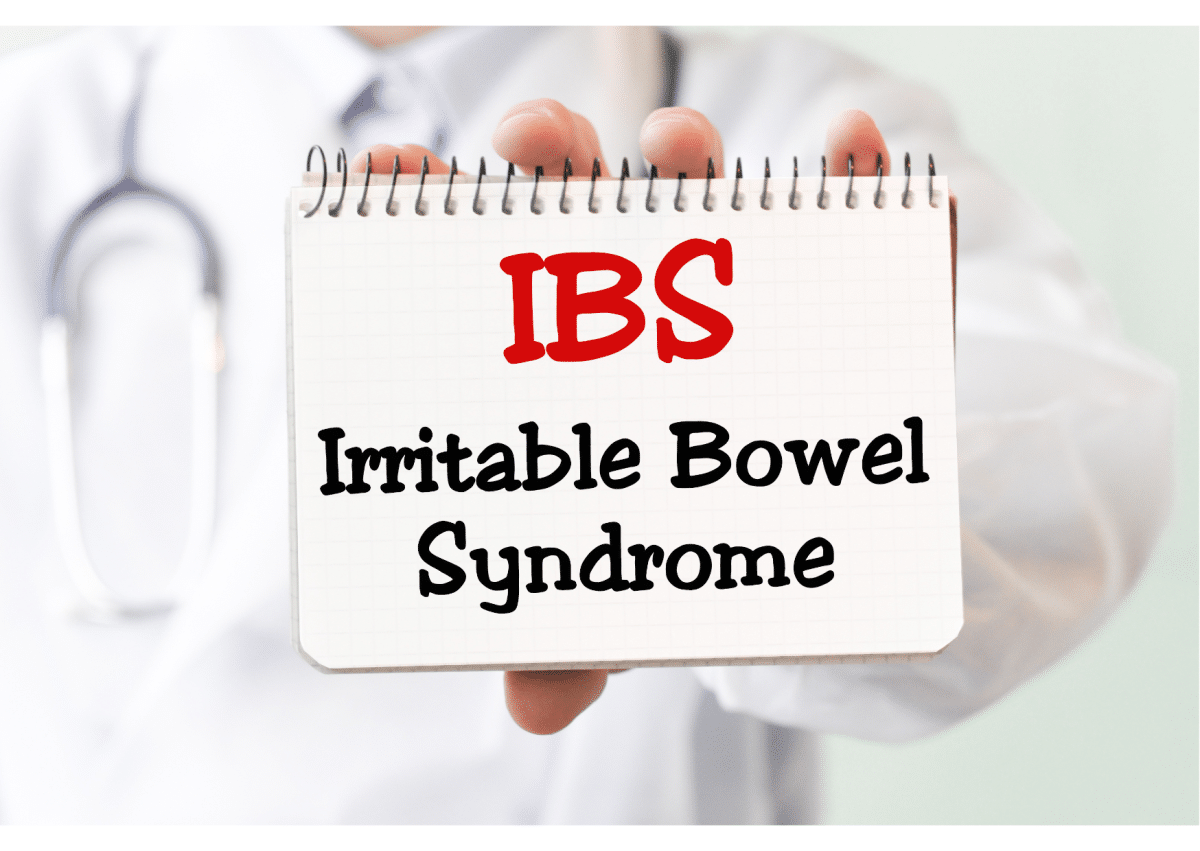Can IBS cause fatigue? Explanation & solution
- Lifestyle Advice
As an IBS sufferer, you probably feel exhausted from debilitating and unexpected gastrointestinal symptoms, so do you ever question yourself: “Can IBS cause fatigue?”
This article will answer this question and discuss why IBS makes you tired.
We will review the research and give simple tips for improving your well-being.
For more motivation – improving IBS-related fatigue goes hand in hand with improving other IBS symptoms!

Can IBS cause fatigue?
Yes, IBS may cause you to feel fatigued.
IBS is usually only associated with intestinal symptoms such as excess gas, bloating, diarrhea, or constipation, but fatigue is also an IBS symptoms (1, 2).
However, one study showed that fatigue is the third most common symptom of IBS, right after abdominal pain and more frequent bowel movements (3).
It is hard to say which subtype of IBS has fatigue the most prevalent, as studies are inconsistent (4, 5).
Why does IBS make you so tired?
There are several reasons why IBS makes you tired, and one of the reasons is stress. Psychological stress can be an IBS trigger or a consequence of the other symptoms.
This is due to bidirectional gut and brain communication, called the gut-brain axis.
People with IBS tend to have overactive responses to stress and dysregulated stress hormones compared to healthy people (6).
Therefore, managing mental health is one of the pillars of managing IBS. You can read more about mental health and IBS here: Stress, anxiety, depression, and IBS.
Another reason you feel fatigued with IBS might be due to your diet.
Eliminating many foods can result in nutritional deficiencies of specific nutrients associated with increased fatigue (7).
A restrictive diet can also result in you having a low energy intake and directly cause fatigue due to lack of energy.
Poor sleep could also be a cause of fatigue. Studies suggest that people with IBS have more sleep disruptions, which are associated with worsening symptoms (8).
Moreover, one study discovered that women with IBS reported troubles with insomnia and fatigue more often than men (9).

What helps IBS fatigue?
So far we have explained why you may experience IBS fatigue but what is probably more interesting is how to resolve this issue.
There are a number of actions you can take to avoid this symptom and we have explained these actions in two categories below: lifestyle and dietary changes.
Lifestyle changes for IBS-related fatigue
Managing IBS-related fatigue involves lifestyle changes, dietary adjustments, and stress management techniques.
One lifestyle change you could look at improving is regular exercise, which has been shown to benefit IBS and mental health (10).
Learn more about physical activity and IBS here: Does exercise improve gut health?
Moreover, implement stress-reduction techniques such as deep breathing, meditation, yoga, or mindfulness exercises to help calm your mind and body.
As we mentioned, people with IBS face sleep disturbances. Establish a consistent sleep routine and prioritize getting enough rest each night.
To improve your sleep, limit caffeine in the late afternoon and electronic devices before bed. Ensure your sleep environment is comfortable, dark, and quiet.
Dietary changes for IBS-related fatigue
The next thing you can do to improve your well-being is to discover your food intolerances by following the low FODMAP diet process: a low FODMAP diet.
Working with a registered dietitian can help you adjust your diet to avoid nutritional deficiencies.
Check out The IBS Diet Ultimate Guide, where we discuss everything you need to know about diet and IBS. The article also explains why skipping meals is not the best for your IBS.
Also, make sure you drink enough. General recommendations are 35 ml per kg of body weight.
Summary
Fatigue is one of the most common IBS symptoms, but research says that it is more prevalent in women than men.
There are many reasons why you feel fatigued if you have IBS, and some of the reasons are poor sleep, unregulated stress response, restrictive diet, and others.
Luckily, some lifestyle changes can also help you improve fatigue and overall IBS.
Those lifestyle changes include regular movement, a low FODMAP diet under the guidance of a registered dietitian, optimal hydration, stress management techniques, and adequate sleep.
Written by Barbara Lešnik, Student Dietitian, reviewed by Kirsten Jackson, Consultant Dietitian BSc Hons, RD, PG Cert